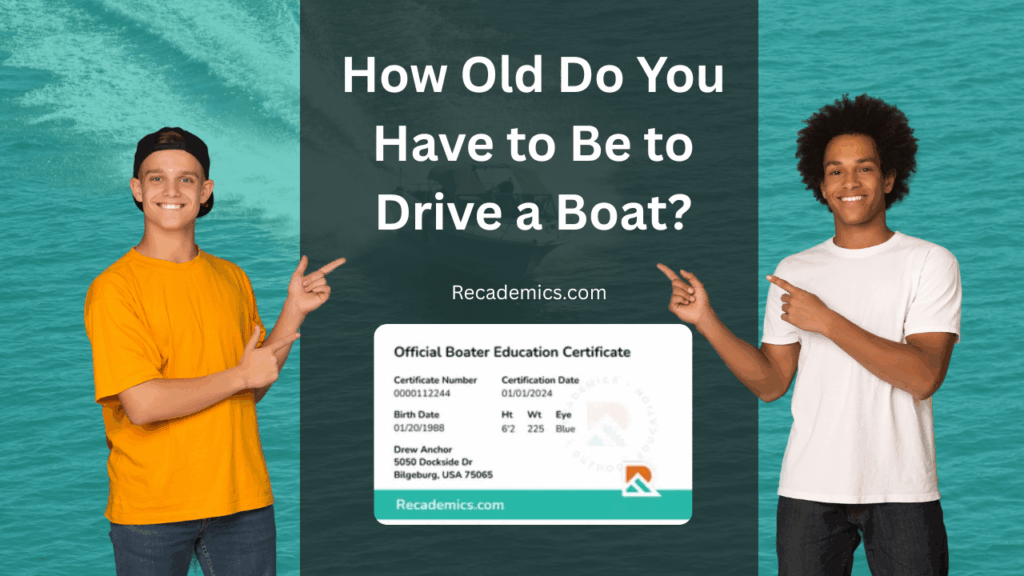Take an Official State-Approved Boater Safety Course
In Oregon, you must be at least 12 years old to operate any motorboat, and children ages 11 and under are not allowed to operate motorboats at all. Youth ages 12–15 can operate motorboats and, under specific conditions, personal watercraft (PWCs), but only if they meet strict supervision and boating safety education rules. Anyone 16 or older who operates a powerboat (including PWCs) over 10 horsepower must carry a valid Boating Safety Education Card issued or recognized by the Oregon State Marine Board.

Oregon’s rules for operating motorboats are based on the operator’s age and the size (horsepower) of the engine:
Oregon law explains exactly when an adult must be present while a youth operates a vessel:
Yes. Oregon has a mandatory boating safety education requirement for most powerboat operators. Instead of a traditional “boating license,” the state issues a Boating Safety Education Card (sometimes called a boater education card), which must be carried on board.
Oregon’s boating education rules are designed to apply broadly, and the state does not exempt operators simply because they are older.
In Oregon, personal watercraft (PWCs) such as Jet Skis and WaveRunners are treated as motorboats, but with extra age and supervision rules because of their speed and handling.
Boaters who ignore Oregon’s age and education requirements can face significant penalties. Consequences may include:
In Oregon, most people refer to the Boating Safety Education Card as their “boating license.” Here’s how to get certified:
For the safest and most straightforward path to legal boating in Oregon, young boaters and their families should complete an official boating safety course through a provider like Recademics, earn their Boating Safety Education Card, and carry it every time they head out on Oregon’s rivers, lakes, and coastal waters.
This is a FREE Boating course.